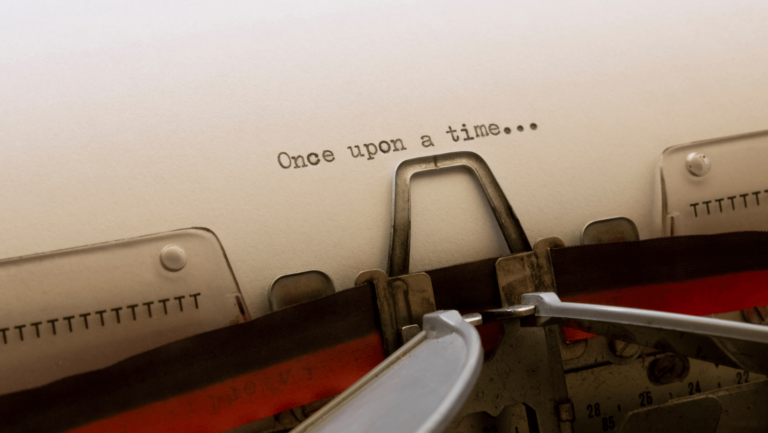
The Vanishing First Line: Why Openings Matter More Than Ever
Every story begins twice: once when the writer writes the first line, and again when the reader reads it. That first encounter – a single

Every story begins twice: once when the writer writes the first line, and again when the reader reads it. That first encounter – a single

In recent years, the literary world has undergone a noticeable shift. Where once mainstream publishing favored a narrow set of perspectives – predominantly white, Western,

Early Beginnings: Audiobooks as Accessibility ToolsThe origins of audiobooks can be traced to the 1930s, when the American Foundation for the Blind and the Library

Artificial intelligence is now a regular tool in the creative toolbox. From generating plot ideas to building interactive story branches, AI can save time and

In an increasingly digital world, the resurgence of interest in physical books might seem surprising. Yet bookstores, online retailers, and social media feeds alike are

In today’s publishing landscape, story is no longer just the sacred thread passed hand to hand – it’s content. Fuel for clicks, binge-reads, algorithms, and

Have you ever finished a story and felt like something inside you quietly shifted? Not because of a twist or a dramatic ending, but because

“Show, don’t tell.” You’ve heard it before – maybe from a writing teacher, a beta reader, or a well-meaning comment on a draft. It’s a

In an era saturated with content – tweets, reels, soundbites, and scrollable headlines – it’s easy to wonder: do writers still matter? The answer is

Literary history is full of ghosts. For every Shakespeare or Austen whose work has echoed through time, there are dozens – hundreds – of writers

In a world obsessed with speed – fast drafts, rapid publishing, instant fame – it feels almost rebellious to slow down. Yet for many authors,

Begin. The kettle hisses. The light sneaks through the curtains like a shy character entering a scene. You reach for your notebook – or your

Writers often devote countless hours to plotting intricate storylines, developing complex characters, and building immersive worlds. These are the pillars of good storytelling – but

Punctuation marks are the silent heroes of the written word. They help clarify meaning, guide the reader through the text, and add rhythm to sentences.

Pacing is one of the most critical yet overlooked aspects of storytelling. Too slow, and the reader may lose interest; too fast, and they may

Dear Writer, In an era dominated by digital communication, the art of letter writing may seem outdated. However, as authors, there’s something deeply valuable about

Dialogue is one of the most powerful tools in an author’s arsenal. It reveals character, advances the plot, and provides a unique rhythm to the

Sophia Harper sat at her cluttered desk, a steaming cup of coffee in one hand and a pen in the other. Her laptop blinked with